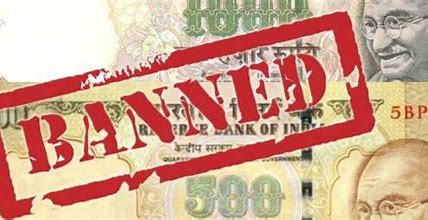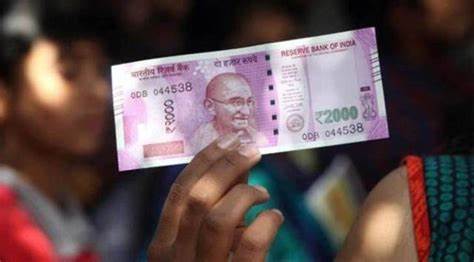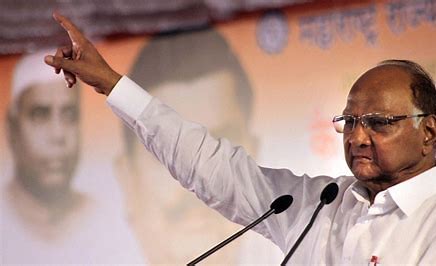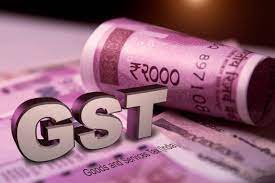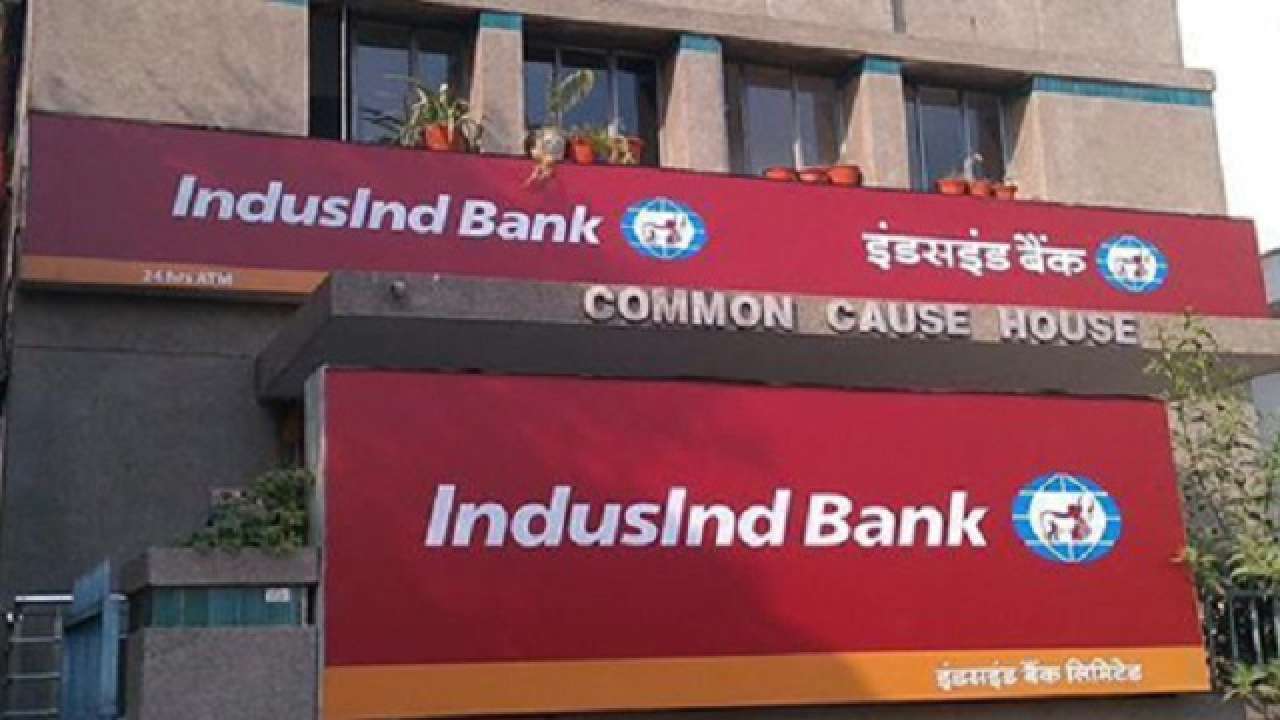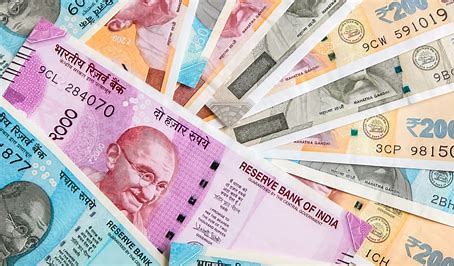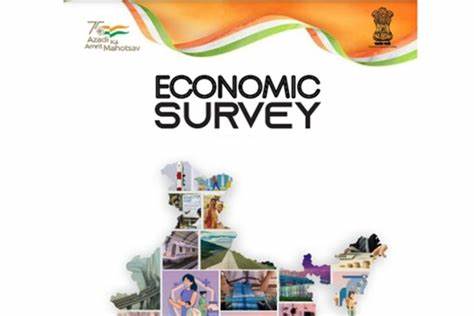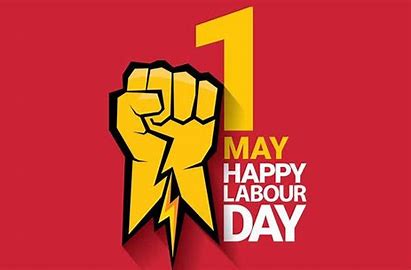
A day before Labour Day is celebrated but India's Labour laws are not good, Labour's are exploited daily.
- Admin
A day before Labour Day is celebrated in India, it is important to reflect on the state of labour laws and workers' rights in the country. Labour Day, also known as May Day or International Workers' Day, is observed on May 1st to recognise and appreciate the labour class's essential contributions. The day originated in the United States in the nineteenth century, when the eight-hour day movement was founded to fight for an eight-hour working, eight hours of pleasure, and eight hours of relaxation . The major goal of Labour Day is to recognise the working class's hard work and dedication, raise awareness about their rights, and protect them from exploitation.
However, in India, labour laws are not good and workers are exploited daily. India has one of the largest and most vulnerable informal sectors in the world, where workers lack social security, minimum wages, health benefits, and legal protection. According to a report by the International Labour Organization (ILO), India has 90% of its workforce employed in the informal sector. These workers face various challenges such as low income, poor working conditions, occupational hazards, discrimination, harassment, and violence. Moreover, they have little or no bargaining power or collective representation to demand their rights.
The COVID-19 pandemic has further exposed the plight of the informal workers in India. Millions of migrant workers were left stranded and jobless due to the lockdowns imposed by the government. They had to walk hundreds of kilometers to reach their home states, facing hunger, thirst, exhaustion, and police brutality. Many of them died on the way due to accidents or illness. The government's relief measures were inadequate and inaccessible for many of them. The pandemic also highlighted the lack of social protection and health care for the informal workers, who are more vulnerable to infection and less able to access treatment.
The government of India has recently enacted four labour codes that aim to simplify and consolidate the existing labour laws and provide social security and welfare benefits to all workers. However, these codes have been criticised by trade unions and labour activists for diluting workers' rights and favouring employers' interests. Some of the contentious issues include the definition of wages, the threshold for forming trade unions, the criteria for retrenchment and lay-offs, the exemption of small establishments from labour regulations, and the reduction of inspection and enforcement mechanisms.
Therefore, it is clear that India's labour laws are not good and workers are exploited daily. There is an urgent need to reform the labour laws and ensure that they are implemented effectively. There is also a need to strengthen the voice and representation of workers in policy-making and dispute resolution processes. There is a need to recognise and respect the dignity and rights of all workers, regardless of their sector or status. There is a need to celebrate Labour Day not only as a holiday but also as a day of action and solidarity for a better future for all workers.


